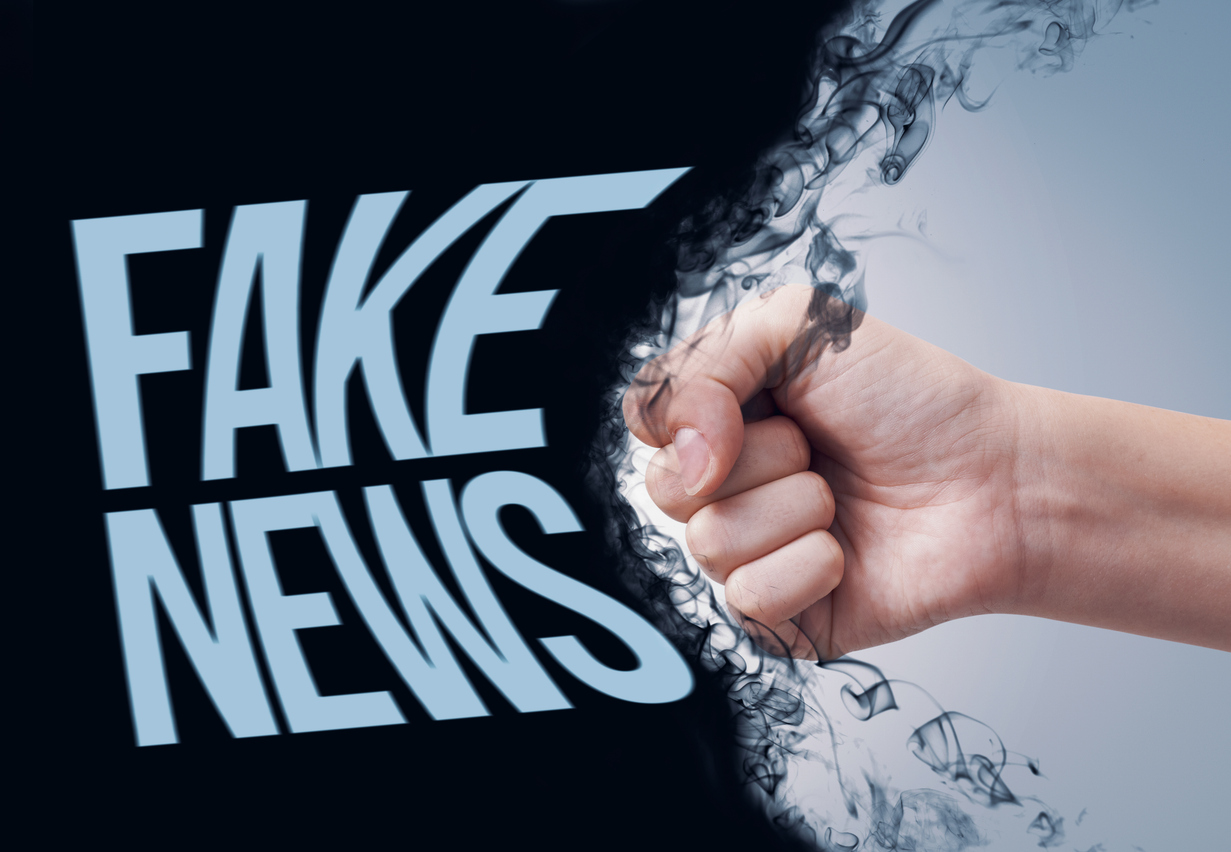Now that the 2015-17 state budget has been signed into law the public is able to request details from last summer's secret contract negotiations between state employee unions and Governor Inslee's office. I just received the first batch of public records (more to come in October) with some of these details. One of the interesting contract demands the Washington Federation of State Employees (WFSE) made was to add this language to Article 49 concerning strikes (emphasis added):
Employees will not be required to pass a picket line in the performance of their duties or to arrive at their work place, provided such picket line has been officially recognized by the Union. Employees will suffer no loss in pay as a result of their refusal to cross an officially recognized picket line.
The state did not agree to this request instead keeping this language for Article 49 in the approved agreement:
Nothing in this Agreement permits or grants to any employee the right to strike or refuse to perform his or her official duties.
As a refresher, it is against the law for state employees (including teachers) to strike.
What is interesting about the WFSE proposed amendment to allow state employees to be paid for refusing to cross strike picket lines is what else was happening in the state at the time the secret contract negotiations were occurring.
First there was the failure of state grain inspectors doing their job after the Governor removed the Washington State Patrol safety escorts. As reported by OPB:
On July 1, Gov. Inslee called United Grain and the ILWU to let them know he was pulling the Washington State Patrol on July 7.
The decision to remove the state patrol effectively stopped exports at the Vancouver port’s United Grain terminal.
Once Inslee pulled the state patrol escorts, state grain inspectors sent word they would not cross the ILWU’s picket line, halting all but a few shipments from United Grain’s terminal.
During that time there was also ongoing fallout from the "slowdown" at West Coast ports due to the contract dispute between Pacific Maritime Association and the International Longshore and Warehouse Union.
Concerning the port slowdown Congressmen Dan Newhouse (WA-4) and Dave Reichert (WA-8) have introduced the Protecting Orderly and Responsible Transit of Shipment (PORTS) Act (H.R. 3433):
The PORTS Act clarifies current law to ensure the president can intervene to protect the economy in the case of a slowdown. The bill would also allow governors to appoint boards of inquiry under Taft-Hartley as well as petition a court of jurisdiction to intervene in the case of a slowdown, strike, or lockout. The final piece of the legislation calls for a study on the recent West Coast ports slowdown in order to understand its impact and prevent future occurrences.
Since the union contract demands and counteroffers from the state were not available at the time the secret negotiations were occurring I will highlight these details when I receive the next batch of public records in October. Ultimately these negotiations should be subject to the state's Open Public Meetings Act (OPMA) or at a minimum utilize a process like the one used by the City of Costa Mesa in California to keep the public informed called COIN (Civic Openness in Negotiations).
Under this type of system all of the proposals and documents that are to be discussed in closed-door secret negotiation must be made publicly available before and after the meetings with fiscal analysis provided showing the costs.
While not full-fledged open meetings, providing access to all of the documents before the meetings would better help inform the public about the promises and tradeoffs being proposed with their tax dollars before an agreement is reached. This would also help to keep make clear whether one side is being unreasonable, and would quickly reveal whether anyone is acting in bad faith.
State and local employment contracts should not be negotiated in secret. The public provides the money for these agreements. Taxpayers should be allowed to follow the process and hold government officials accountable for the spending decisions they make on our behalf.




